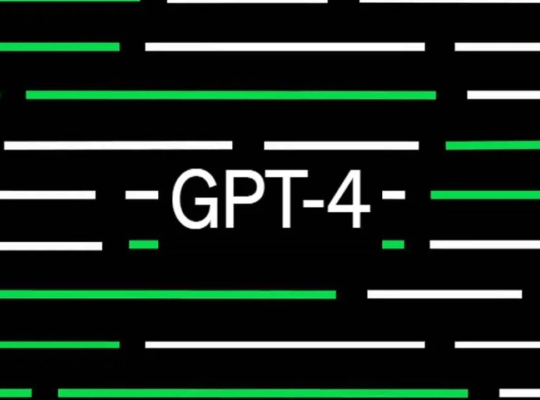Software failures in the game industry can lead to a lot of frustration for gamers and can sometimes result in negative consequences for the developers. Here are some examples of notable software failures in the game industry:
Ever Quest:
Ever Quest is a massively multiplayer online role-playing game (MMORPG) that was released in 1999. The game was known for its addictive gameplay and large player base. However, in 2003, the game suffered a major software failure known as “The Great Rollback.” This caused the game to roll back to a previous point in time, erasing hours of progress for many players. The incident led to widespread outrage and even lawsuits against the game’s developer, Sony Online Entertainment.
GTA Online:
Grand Theft Auto Online is the multiplayer component of the popular Grand Theft Auto series. The game was plagued with software failures when it was first released in 2013, with many players experiencing connection issues, lost progress, and other problems. These issues were so severe that developer Rockstar Games had to issue multiple apologies and compensations for players affected by the issues.
Doki Doki Literature Club:
Doki Doki Literature Club is a visual novel game that was released in 2017. The game’s main twist is that it appears to be a light-hearted dating sim game at first but quickly turns dark and psychological. However, the game suffered from a software failure that caused players to lose their saved data. This was particularly frustrating for players who had spent hours uncovering the game’s secrets and multiple endings.
Minecraft:
Minecraft is a sandbox game that was released in 2011. The game has been praised for its open-ended gameplay and creative possibilities. However, the game has also suffered from various software failures over the years. These include bugs that cause the game to crash, glitches that erase player progress and even exploits that allow players to cheat.
Blue Whale game:
The Blue Whale game was a controversial online game that originated in Russia in 2016. The game involved completing a series of dangerous and self-harming tasks over a period of 50 days, with the final task being suicide. The game was linked to multiple deaths and was widely condemned. Although the game was not technically a software failure, it highlights the dangers of unregulated and harmful online content.
Conclusion:
Overall, software failures are an unfortunate reality of game development. While some failures can be fixed with patches and updates, others can lead to long-term consequences for both players and developers. It is important for developers to prioritize the stability and reliability of their games in order to avoid these types of issues.





